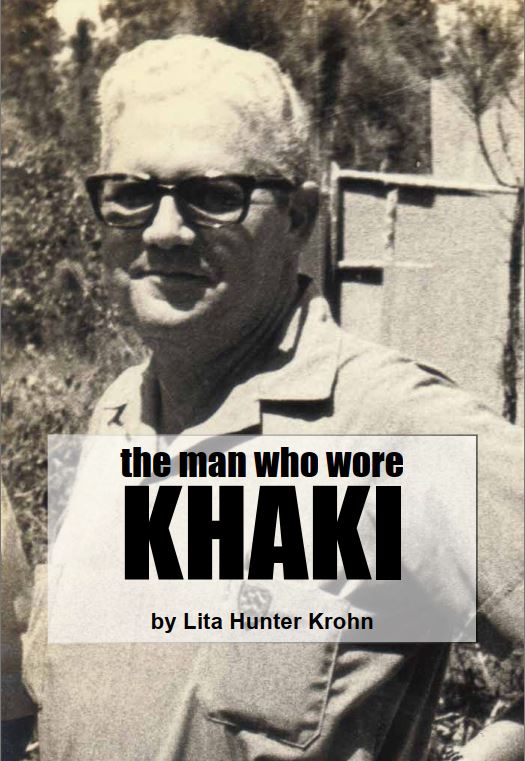the man who wore KHAKI

“As always, history would be a revelation of the future as much as it was a study of the past.” – Arundhati Roy
The discussion of governance is one which predates and will survive us. Maybe this is intrinsic to our nature, to ponder who leads us and how.
It would be helpful to frame these discussions with historical context, much will be explained that way, especially in a time when we seem to have access to all information minus access to context. All the information floats online jumbled together, this is the nature of the world wide web. So if the internet has and shares all, why write? What is the value of autobiographies and
memoirs?
As useful and convenient as the net is, we need more personal accounts recorded. Why? There are probably many reasons but, one which stands out most to me is that, the internet is dominated and curated by the status quo, praising the same heroes, gatekeeping everyone else. As the reading, watching, surfing, streaming audience, we must demand anti-status quo narratives.
The sugar narrative in once such. In 2015, much like in 2018, the government’s decision to ‘rest’ power from the Belize Sugarcane Farmers’ Association, attempting to mute cañero power, to favour American Sugar Refineries, gives me pause.
An action which, in my opinion mirrors a colonial mindset. Big international money squeezing the cañeros with their core sampler, continental power and even the Government of Belize’s blessings.
How far has the pendulum swung from the days of Jesus Ken and the many brave cañeros and even the women (mere cursory mentions in history books) who brought British Tate & Lyle to their knees? Burnt cane fields giving them only 24 hours within which to act or lose it all.
The Man Who Wore Khaki is an opportunity to zoom into that event, and one of the key players in it Sir Alexander Albert Hunter, who in his tenure as a Minister, discussed with, and not spoke over, or down to, cañeros, farmers, roughneck and fishermen in English and Spanish. ‘Reasoning’ with them on river banks, oil rigs, rice paddies and cane fields and realizing the importance of supporting local endeavours over monied foreign interests.
This style of nationalist leadership is the kind that Belize needs and most will do well to take and few notes.
This is why Lita has written this book, to amplify our understanding of our collective consciousness, to add to the political discussion and to put these all into context.


